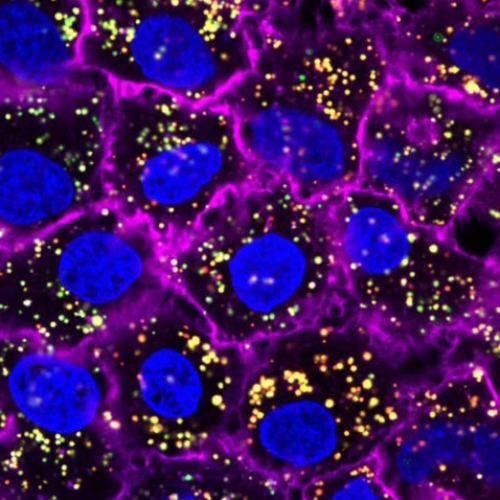Key points from article :
Nanoparticles are promising drug delivery tools and avoid side effects.
But nanoparticles struggle to get past the immune system's proteins.
Researchers have developed an ionic forcefield that prevents proteins from binding to and tagging nanoparticles.
In mice, 50 percent of nanoparticles coated with the ionic liquid survived longer and made it to the lungs.
Ionic liquids, essentially liquid salts, are highly tunable materials that can hold a charge.
Nanoparticles with the ionic liquid choline hexenoate spontaneously attach to red-blood cells and circulate until they reached the lungs.
"Hitchhiking phenomenon showed 50 percent of the injected dose still in the lungs after 24 hours." Samir Mitragotri, author.
"This modular technology could tune nanoparticle to target specific locations in the body." - Eden Tanner, co-author.
Research by Harvard University published in Science Advances.






